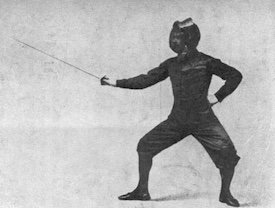GearMe
Headphoneus Supremus
- Joined
- Feb 17, 2013
- Posts
- 4,571
- Likes
- 8,310
I am way too late to this discussion
But I agree with @GearMe; there is little point in arguing whether perceived differences are real or imaginary. One may get annoyed that someone is trying to make money out that perception, but ultimately, if it works for the end-user and makes them happy, then who am I to argue against their purchase decisions.
As for myself, having a background in physics and electronic engineering, I work out for myself whether a designer/manufacturer/marketeer is likely selling snake oil or possibly may be on to something, do my own cost/benefit/placebo calculations, and use my wallet accordingly...
Same here...
Talking about audio in a scientific way is not "arguing against anybody's purchase decisions." Should science refrain from saying anything about the audible differences between different audio formats just to not "argue against people's purchase decisions?" If "it works" for some end-users and makes them happy, what do these consumers need audio science for? If purchasing the highest bitrate downloads gives you the best audio experience (for whatever reason) on the planet, why even come to discussion boards like this one only to be lectured how according to science, 16/44.1 is all you need in consumer audio?
Of course science should not refrain from saying anything about the audible differences between different audio formats, but it should not do so from a hubristic perspective that science knows everything there is to know about auditory perception & processing; it doesn't. But really my point is that whether these differences are considered real or imaginary is a red herring when it comes to purchase decisions. People make these decisions based on a subjective perception, that works for them.
And you are right; end-users who are happy with their purchase decisions have zero use for a scientific slap on the wrist. They couldn't care less about the discussions that happen on forums like this.
Agreed!
Last edited:























